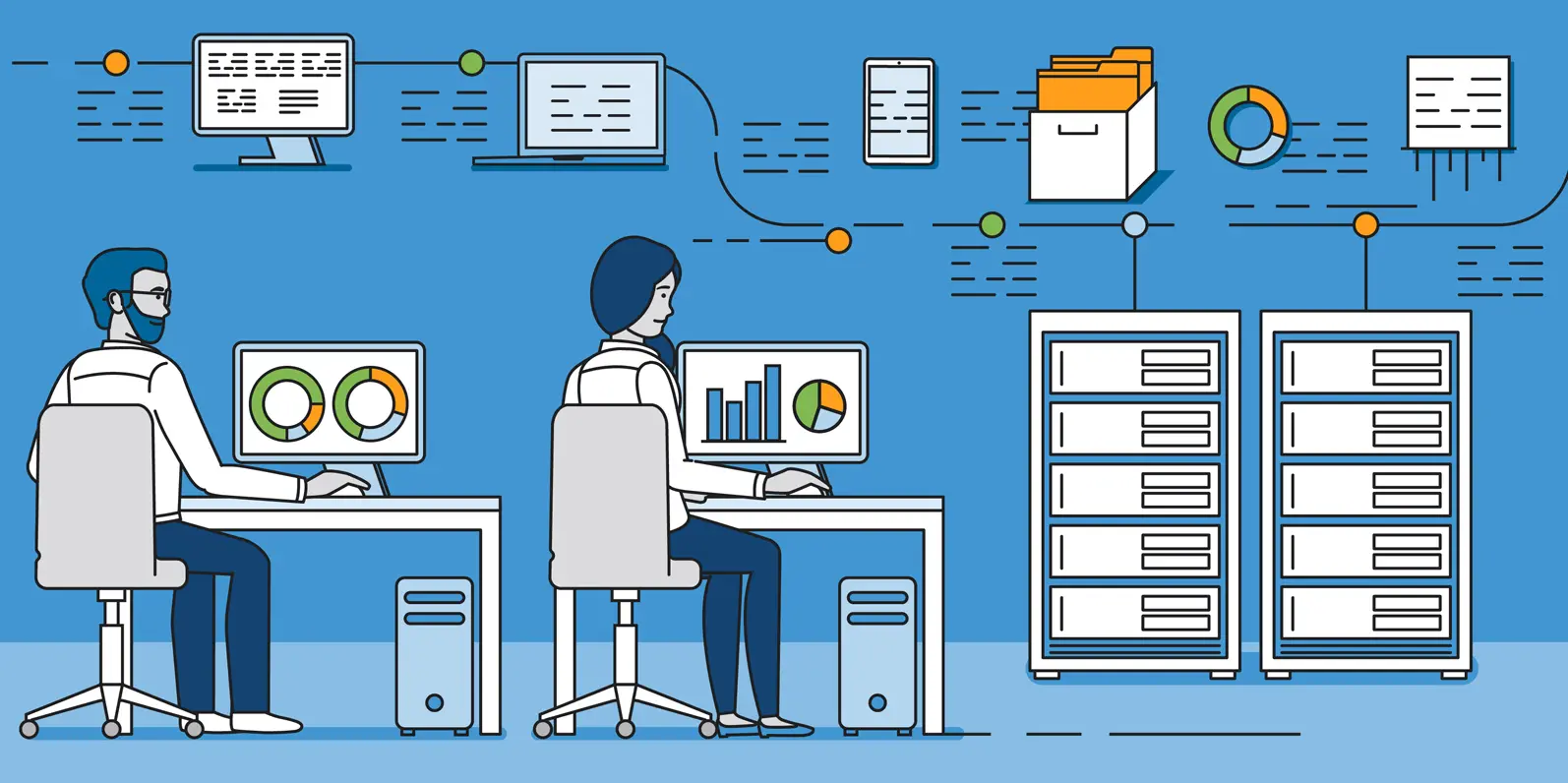Manufacturing industries today employ new innovative technologies to enhance productivity and efficiency while performing with outstanding performance in a competitive field. Among the most disruptive, machine learning is transforming producers of manufactured goods, who must review large volumes of data with real-time, informed choices and decisions.
At Kaay Labs, we are witnessing this change as machine learning reshapes manufacturing. However, some specific issues during its implementation and after maintenance in the manufacturing industry must be sorted out. Thus, it is worthwhile exploring in more detail the pros and cons of machine learning applied in the manufacturing process in light of why development services using machine learning are crucial in making machine learning adoption a success.
Advantages of Machine Learning in Manufacturing
- Predictive Maintenance: Machine learning provides predictive maintenance by allowing algorithms to take data from equipment and predict when the machine will need servicing. This minimizes downtime, as repairs can be planned before breakdowns happen. The benefits are self-evident, preventing unscheduled stoppages, extending the life of the equipment, and saving maintenance costs. Solutions for predictive maintenance can be designed with tailored machine learning development services based on the specific machinery and workflow operations, giving manufacturers enough time to focus on productivity.
- Quality Control and Defect Detection: The machine learning algorithm can detect defects or inconsistencies that human eyes often miss during production. The machine, analyzing real-time visual data, is faster and more accurate than a human to identify anomalies or defects while ensuring a product’s quality, which reduces waste. Improved quality control has enhanced customer satisfaction and loyalty while diminishing the cost of recalls and rework.
- Supply Chain Management: The complex application of machine learning in supply chain management has proven invaluable. For example, manufacturers can predict changes in demand and track inventory with the assistance of machine learning, thereby monitoring supplier performance. Delays, delivery routes, and waste inventory can be optimized from customized solutions of development companies related to machine learning, thus enhancing resilience in the supply chain as a whole.
- Energy Efficiency and Waste Reduction: Manufacturers seek less environmental footprint in an increasingly eco-conscious market today. Machine learning algorithms could monitor the energy consumed in production, optimize processes in general, and suggest adjustments that could result in lower power consumption and material waste. For example, algorithms can identify temperature, speed, or other parameters and suggest the ideal working condition so that energy usage happens only when necessary. Energy usage monitoring is the most prevalent use of a manufacturer of machine learning development services dedicated to sustainability.
- Improved Decision with Real-Time Data: Machine learning makes it easier to make decisions by using the data generated in real-time from the manufacturer. The real-time gathering and processing of data operational makes the ML systems present recommendations on performance optimisation, resource consumption, and even the avoidance of delay charges. When insight is given, manufacturers would quickly respond before their competitors, setting a proactive mindset through making the decisions.
Disadvantages of Machine Learning in Manufacturing
- Availability and quality of data: This depends on good-quality data in machine learning algorithms. The manufacturing environment would need a lot of data, very much spread centralisation with different source formats. Cleaning and preparing the data for its ML integration can be resource-intensive and may consume too much time. Take help from a machine learning development company to put the proper strategies in place about what needs to be cleaned with feature engineering and how a particular model can be improvised to have better performance within the ML model.
- Integration Complexity: Manufacturing operations comprise many systems, such as enterprise resource planning, supply chain management, and production control systems. Such legacy systems were not designed with the integration of modern machine-learning technology in mind. Integrating this ML system with the existing systems requires overhauling and upgrading, which is expensive and disruptive to business. Proper planning and expertise from machine learning development services specializing in manufacturing make it easy to transition into this change in the integration process.
- Requirement of Skilled Workforce: The applications for machine learning would require a data scientist and engineer to know the ML techniques and work in the manufacturing environment. However, the sectors face challenges in these aspects because the manufacturing industries need more or more experts in machine learning. The training and development process of existing staff can be expensive and lengthy while hiring new talent takes considerable time. Therefore, machine learning development company expertise fills in the gap, thus granting on-demand access to professionals.
- High Implementation Costs: The application of machine learning in manufacturing entails costs on software, hardware, data storage, and skilled personnel. For most SMEs, such costs might be too high for their pocket. The running of machine learning systems always calls for further data management and model updates, integrated with technical support. Most businesses prefer partnerships with machine learning development services providers that offer a flexible pricing model and better cost savings.
- Cybersecurity threats: Connectivity of devices and networks likely opens the door to more opportunities for cyber-attacks in the ML-based manufacturing system. Degraded performance from the ML model is a possibility of the threat to integrity data, leading to degradations on the wrong predictions and ultimately suboptimal decision-making. Manufacturers must use strong cybersecurity through encryption and periodic system updates to deploy ML. A trustworthy machine learning development service would ensure secure architectures for sensitive data in manufacturing.
- Ethical and Regulatory Issues: Because machine learning consumes massive amounts of data, there are privacy issues for the manufacturer, as well as regulations and compliances, especially where there is a stringent legal regime concerning data protection in that region. Ethical aspects of transparency in decision-making and fairness in automated processing should also be considered in machine learning. This can then be achieved through collaboration with an experienced machine learning development company with regulatory compliance, allowing manufacturers to maintain high standards of ethics and enjoy the benefits of ML.
Future Outlook
Manufacturing is rapidly advancing machine learning. The more developed the ML algorithms, the more complex the applications they support, ranging from designing a new product to automating an assembly line. All this will require manufacturers to constantly update their data infrastructure, talent pool, and security protocols.
The adoption of machine learning should be well-rooted in a deep understanding of the benefits and possible challenges that manufacturing companies will have to face. Being associated with experienced development services providers in machine learning may turn out to be crucial for the successful transition toward the new world of manufacturing, in which agility and innovation are at the top.




